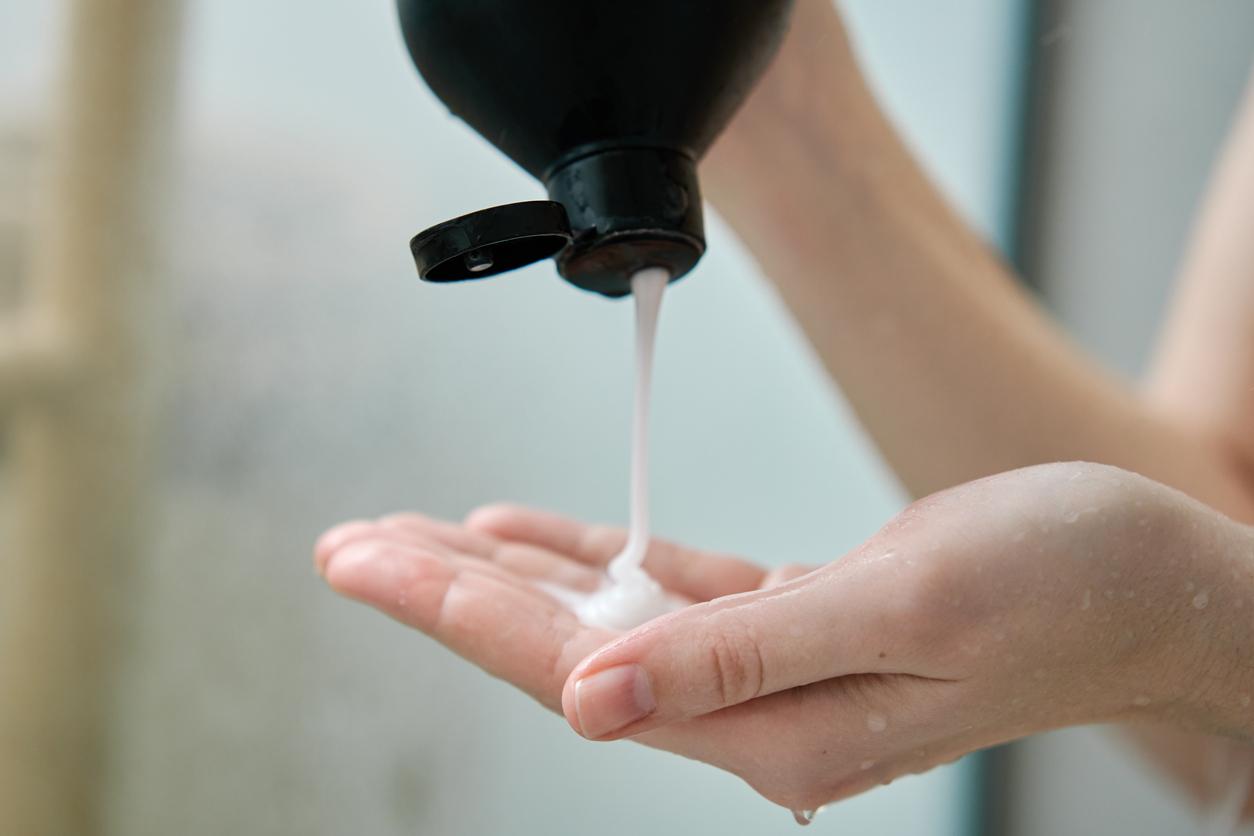It is possible to detect trisomy 21 through a blood test. This technique, less invasive and risky than amniocentesis, will be offered to all women exceeding a certain level of risk, and reimbursed by health insurance.

The cells of the human body are made up of 23 pairs of chromosomes, except in people with trisomy 21. They have three chromosomes 21, which can cause developmental delays. It is therefore possible to detect the disease through an analysis of the child’s DNA. Blood tests, carried out on the mother, will now be reimbursed by Health Insurance, according to a stopped published in the Official Journal on Thursday 27 December.
Since 2017, the High Authority for Health has recommended carrying out these blood tests, called “non-invasive prenatal screening” (DPNI). Fetal cells are naturally present in the mother’s blood. All you have to do is take a blood test to be able to analyze the child’s DNA.
Amniocentesis: an “invasive” test
Until now, the detection of trisomy 21 required a more complex and riskier process. In the first trimester of pregnancy, all pregnant women had an ultrasound and a blood test to identify the potential presence of trisomy markers. Then the doctors determined a level of risk based on the results. If it was greater than 1/250, pregnant women had to undergo amniocentesis to perform a karyotype, an analysis of the chromosomes of the fetus.
Amniocentesis is a difficult examination, which consists of taking amniotic fluid, the one that surrounds the fetus, with a needle. This examination is the most reliable for diagnosing trisomy, but it is considered “invasive” because the membrane surrounding the fetus is perforated and this increases the risk of complications.
Reduce the number of amniocentesis
The DNA test by blood test will be carried out between these two stages. Women whose risk level is between 1/1000 and 1/51 will be able to do so. If the test is negative, they will not need amniocentesis. If it is positive, however, it will be necessary. The blood test is effective in more than 99% of cases.
This examination by blood test costs 390 euros, but should make it possible to carry out karyotypes only when necessary. According to the High Authority for Health, 11,000 karyotypes will thus be avoided.
.

















